Joshua and Judges: The doctrine of leadership part 53 - Essential qualities of leadership: The filling of the Spirit; Eph 5:18.
length: 60:16 - taught on Mar, 18 2016
Class Outline:
Title: Joshua and Judges: The doctrine of leadership part 53 - Essential qualities of leadership: The filling of the Spirit; EPH 5:18.
Announcements/opening prayer:
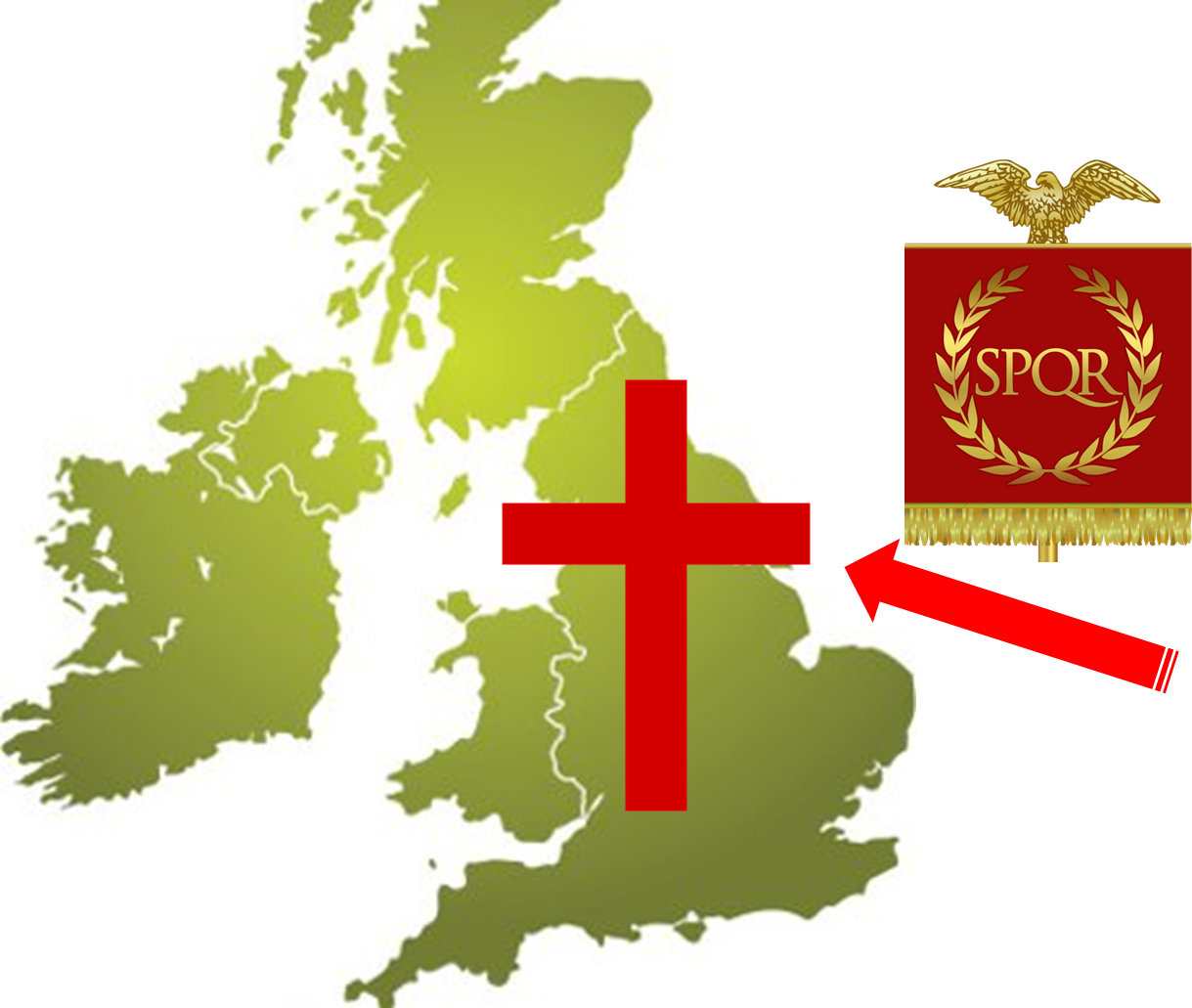
Patrick:
From 43 AD and for three hundred years, Britain was lived in great prosperity under the Roman system. Through the Romans Britain became Christianized. However, at the decline of the Roman Empire, the Saxons from Europe crossing the North Sea and the Irish and Scots began to press on Hadrian's Wall.
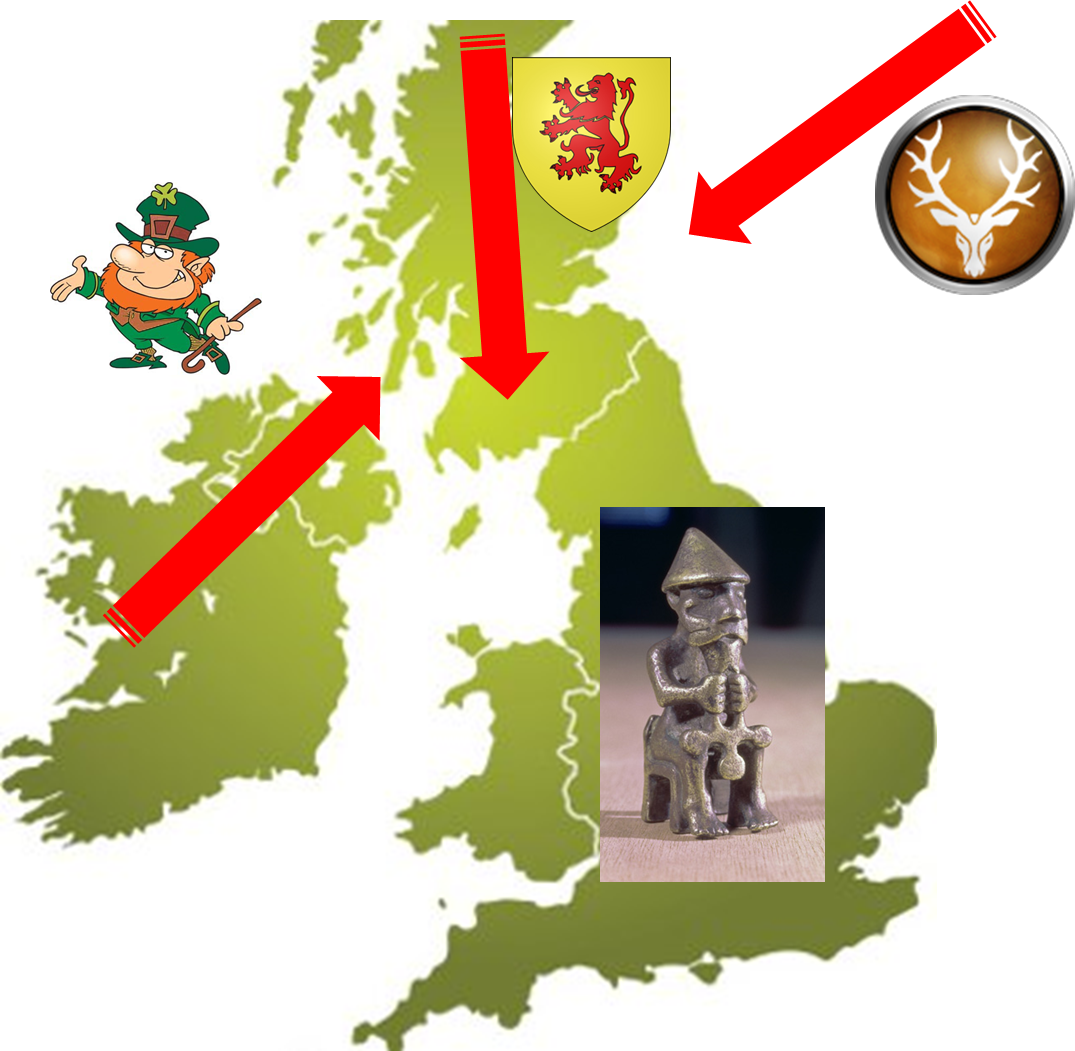
For a hundred years the island was one of the scenes of conflict between a dying civilization and lusty, famishing barbarism. Wide open breaches were made in the defenses, and murderous hordes poured in upon the fine world of country houses and homesteads. It had been Christian, it was now heathen. Darkness closed in.
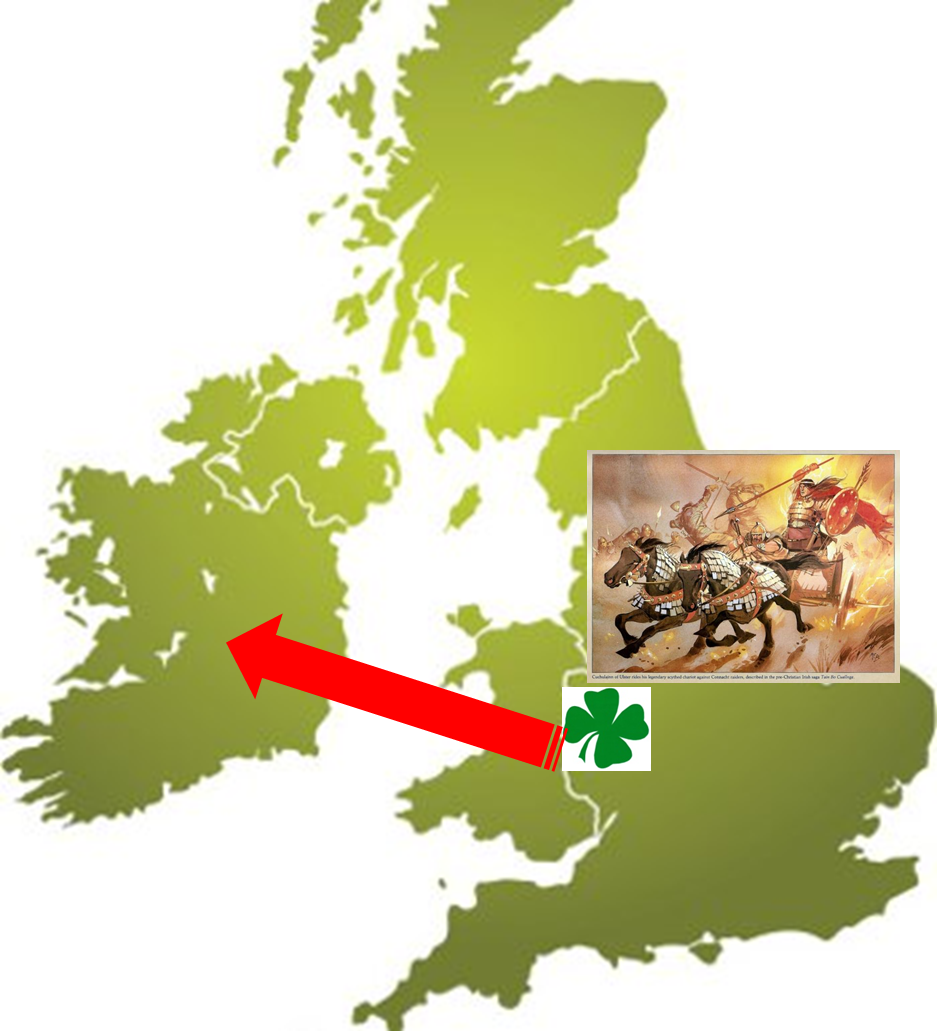
Patrick was a Roman Briton of good family dwelling in the Severn valley near Wales. His father was a Christian deacon, a Roman citizen, and a member of the municipal council. One day in the early fifth century there descended on the district a band of Irish raiders, burning and slaying. The young Patrick was carried off and sold into slavery in Ireland. For six years he tended swine, and loneliness led him to seek comfort in religion. After many wanderings we find him in one of the small islands off Marseilles in the south of France as an ordained missionary. He conceived an earnest desire to return good for evil and spread the tidings of Christianity among his former captors in Ireland.
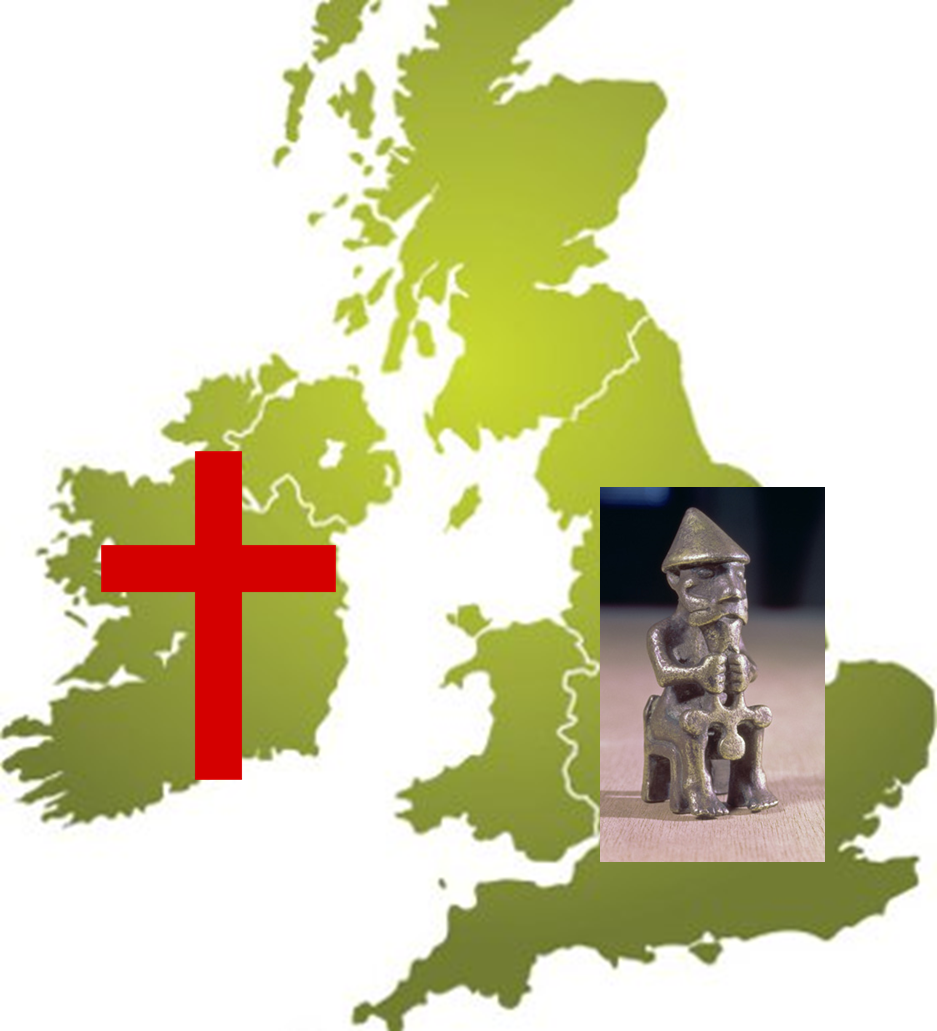
He organized the Christianity that was already in existence; he converted kingdoms which were still pagan, he brought Ireland into connection with thee church of Western Europe, and make it formally part of universal Christendom. It was therefore in Ireland and not in Wales or England that the light of Christianity now burned and gleamed through the darkness.

It was from Ireland that the gospel was carried to the North of Britain and for the first time its power was felt by the Saxon pagan invaders. After his death, an offspring of his church named Columba founded the Scottish Christian Church and spread Christianity all throughout Britain.
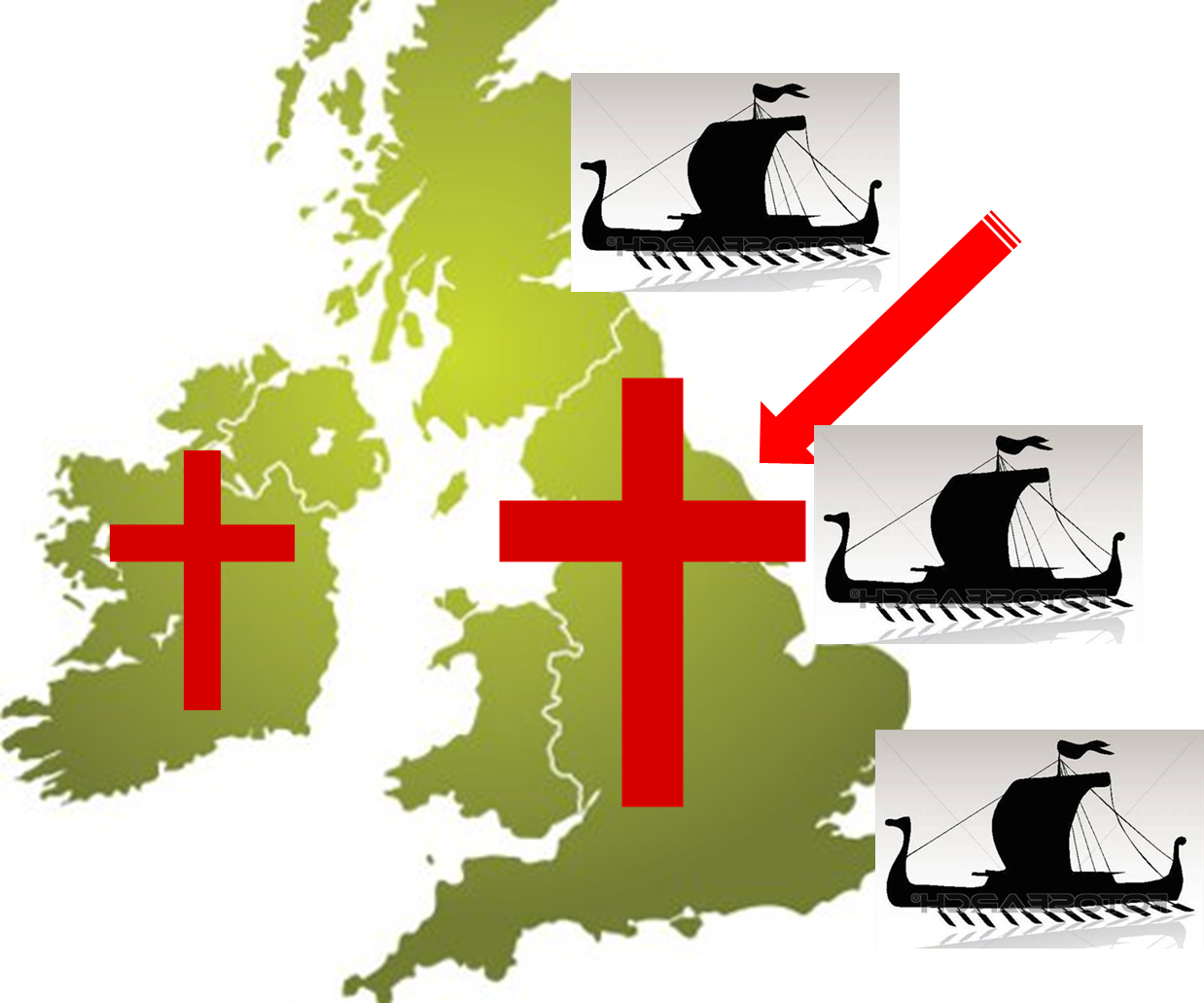
Not too long after the Vikings would invade and eventually become Christianized. God always wins.
Php 2:14 Do all things without grumbling or disputing [present active imperative];
Php 2:15 that you may prove yourselves to be blameless and innocent, children of God above reproach in the midst of a crooked and perverse generation, among whom you appear [present middle indicative] as lights in the world,
Php 2:16 holding fast the word of life [present participle], so that in the day of Christ I may have cause to glory because I did not run in vain nor toil in vain.
Php 4:4 Rejoice in the Lord always [present active imperative]; again I will say, rejoice!
Php 4:5 Let your forbearing spirit [reasonable consideration and gentleness] be known to all men.
Php 3:20 For our citizenship is in heaven, from which also we eagerly wait for a Savior, the Lord Jesus Christ;
Php 3:21 who will transform the body of our humble state into conformity with the body of His glory, by the exertion of the power that He has even to subject all things to Himself.
Php 4:8 Finally, brethren, whatever is true, whatever is honorable, whatever is right, whatever is pure, whatever is lovely, whatever is of good repute, if there is any excellence and if anything worthy of praise, let your mind dwell on these things [present middle imperative].
Php 4:9 The things you have learned and received and heard and seen in me, practice these things [present active imperative]; and the God of peace shall be with you.
Php 4:12 I know how to get along with humble means, and I also know how to live in prosperity; in any and every circumstance I have learned the secret of being filled and going hungry, both of having abundance and suffering need [all present infinitives - any can and does occur at any time].
Php 4:13 I can do all things through Him who strengthens me [present active indicative].
COL 1:9 For this reason also, since the day we heard of it, we have not ceased to pray for you and to ask that you may be filled with the knowledge of His will in all spiritual wisdom and understanding,
COL 1:10 so that you may walk in a manner worthy of the Lord, to please Him in all respects, bearing fruit in every good work and increasing in the knowledge of God;
COL 1:11 strengthened with all power, according to His glorious might, for the attaining of all steadfastness and patience; joyously
COL 1:12 giving thanks to the Father, who has qualified us to share in the inheritance of the saints in light.
COL 3:1 If then you have been raised up with Christ, keep seeking the things above [present active imperative], where Christ is, seated at the right hand of God.
COL 3:2 Set your mind on the things above [present active imperative], not on the things that are on earth.
ROM 5:18 So then as through one transgression there resulted condemnation to all men, even so through one act of righteousness there resulted justification of life to all men.
COL 3:12 And so, as those who have been chosen of God, holy and beloved, put on a heart of compassion, kindness, humility, gentleness and patience;
COL 3:13 bearing with one another [present participle], and forgiving each other [present participle], whoever has a complaint against anyone; just as the Lord forgave you, so also should you.
COL 3:14 And beyond all these things put on love [outer garment that holds all the other virtues together], which is the perfect bond of unity.
COL 3:15 And let the peace of Christ rule in your hearts [present active imperative], to which indeed you were called in one body; and be thankful.
COL 3:16 Let the word of Christ richly dwell within you [present active imperative], with all wisdom teaching [present participle] and admonishing one another [present participle] with psalms and hymns and spiritual songs, singing with thankfulness in your hearts to God [present participle].
COL 3:17 And whatever you do in word or deed [present active subjunctive], do all in the name of the Lord Jesus, giving thanks through Him to God the Father.
1TH 4:1 Finally then, brethren, we request and exhort you in the Lord Jesus, that, as you received from us instruction as to how you ought to walk and please God (just as you actually do walk), that you may excel still more.
[back to]
EPH 5:15 Therefore be [take heed or discern] careful [carefully, accurately] how you walk [how you conduct yourself, how you order your behavior], not as unwise men, but as wise,
EPH 5:16 making the most of your time [buy up the time for yourself], because the days are evil [poneros: evil in active opposition to good].
EPH 5:17 So then do not be foolish [without reason, senseless, or rash], but understand [bring together] what the will of the Lord is.
EPH 5:18 And do not get drunk with wine, for that is dissipation, but be filled with the Spirit,
EPH 5:19 speaking to one another in psalms and hymns and spiritual songs, singing and making melody with your heart to the Lord;
As you might imagine, the interpretation of the meaning of this verse is much disputed. It is best in these situations to resist the desire over analyze and make conjecture into fact.
Psalms are religious songs, especially those sung to a musical accompaniment, and par excellence an O.T. psalm; hymns are properly speaking songs of praise; songs, the most general term, are applicable to all kinds of songs, secular or sacred, accompanied or unaccompanied. The three words are brought together here with a view to rhetorical force, and it is precarious, therefore, to build much upon supposed differences between them."
/This is speaking with joy, thanksgiving, and love to one another as opposed to complaining, gossip, maligning, self-pity, etc. \
EPH 5:3 But do not let immorality or any impurity or greed even be named among you, as is proper among saints;
EPH 5:4 and there must be no filthiness and silly talk, or coarse jesting, which are not fitting, but rather giving of thanks.
EPH 5:18 And do not get drunk with wine, for that is dissipation, but be filled with the Spirit,
EPH 5:19 speaking to one another in psalms and hymns and spiritual songs, singing and making melody with your heart to the Lord;
EPH 5:20 always giving thanks for all things in the name of our Lord Jesus Christ to God, even the Father;
EPH 5:21 and be subject to one another in the fear of Christ.
/The verb form in verse 18 is present passive imperative. The passive command could be translated "be being kept filled with the Spirit" [Chafer]; or "be constantly being filled with the Spirit" [Wuest]; or "keep being filled" [Walvoord].\
It is the will of God that the Spirit constantly minister to the believer and that the believer let Him [passive].
The divine resources for a moment by moment triumph in Christ are limitless; but the utter need of the helpless creature never ceases.
It is important to note that the effect of strong drink is pitted against the Spirit filled life.
/[Chafer] As strong drink stimulates the physical forces and men are prone to turn to it for help over the difficult places, so the child of God, facing an impossible responsibility of a heavenly walk and service, is directed to the Spirit as the source of all sufficiency. Every moment in a spiritual life is one of unmeasured need and super-human demands, and the supply of enabling power and grace must be as constantly received and employed. \
O Lord, my strength and my stronghold,
And my refuge in the day of distress,\
/[Walvoord] The contrast with the state of intoxication mentioned in the verse is obvious. Instead of being constantly in a state of being drunk with wine, the entire faculties of the body being subject to its power and influence, the Christian should be constantly filled with the Spirit.\
No believer has more of the Spirit than another believer, it is rather a difference of filling or not filling. To be filled is not the problem of getting more of the Spirit; it is rather the Spirit filling us more often.
A spiritual person, then, is one who experiences the divine purpose and plan in his daily life through the power of the indwelling Spirit. The character of that life will be the out-lived Christ. The cause of that life will be the unhindered indwelling Spirit.
EPH 5:21 and be subject to one another in the fear of Christ.
Hupotasso means to arrange under or to make oneself subject to.
/As we are otherwise to be filled, otherwise to sing and rejoice, so also we are otherwise to behave — not blustering nor letting our voices rise in selfish self-proclamations such as most men do, — but subject to one another.\
The next question we face: Is the filling of the Spirit characterized by a certain experience?
/The filling of the Spirit cannot be characterized as any one experience. Much error has been done to doctrines when believers seek truths in experiences apart from the teaching of the scriptures.\
No experience could ever be true, or a complete representation of the full purpose of God for every Christian, and if it were, nothing short of the infinite wisdom of God could formulate its exact statement.
If spirituality was based on any one particular experience then it wouldn’t be of faith.
Apart from Bible instruction many have attempted to account for experience and have coined terms and phrases contributing to doctrines that are not Biblical and are therefore invariably faulty as any of the conclusions of a finite mind when attempting to deal with the divine realities.
Experiences that align themselves with Biblical truths can be counted on by the believer and will give him great joy and peace when he recognizes them in his life. If they lead him to formulate some doctrine that is not of the scripture than he has dealt with the experiences in a dangerous way. However, the spiritual man will experience the love of God, the peace of God, the joy of God, the gentleness of God, the goodness of God, the faithfulness of God, the kindness of God, the holiness of God both to him and through him and he will rejoice with such infinite wonders. Those experiences are to him and for him alone to enjoy. To other believers these experiences will come but in their own way. No doubt there will be many similarities, but to each believer is a very personal relationship with God that will not be mimicked in any other believer.
/An unlimited field lies before us when we are told that we may be changed from glory to glory. \





